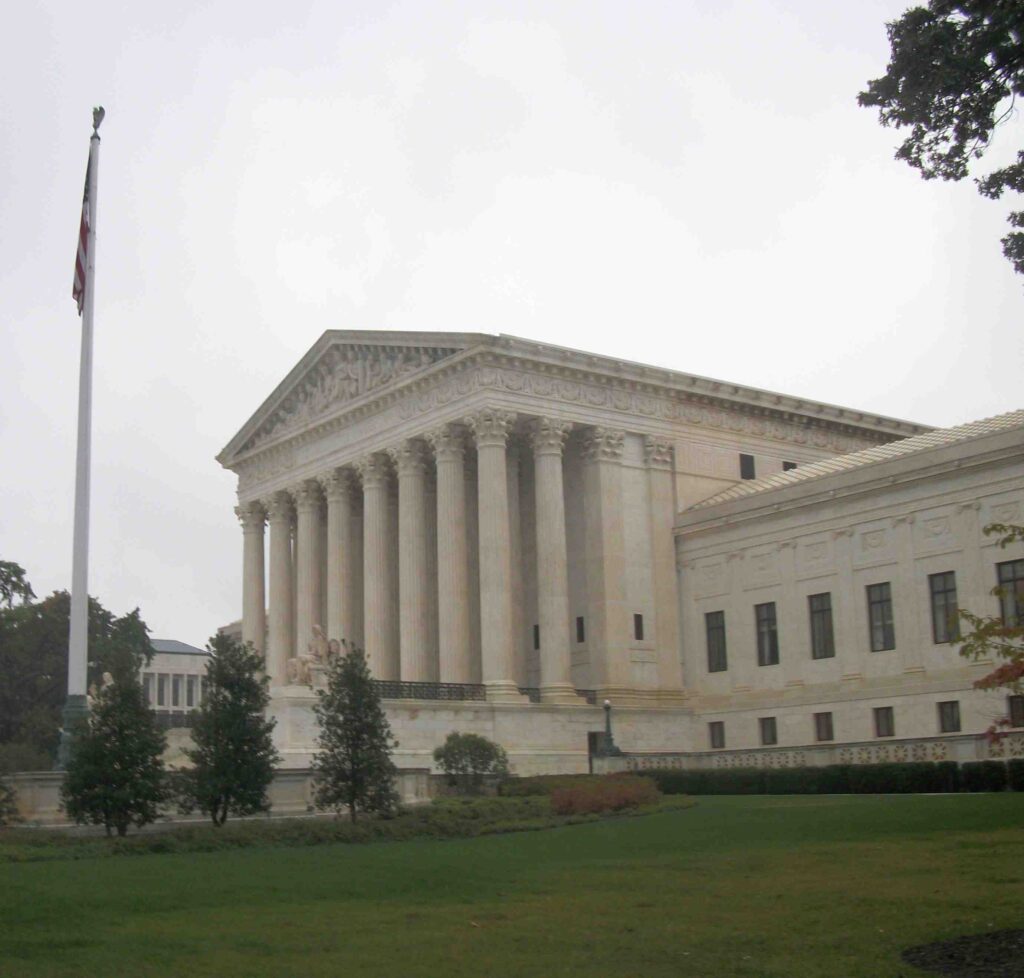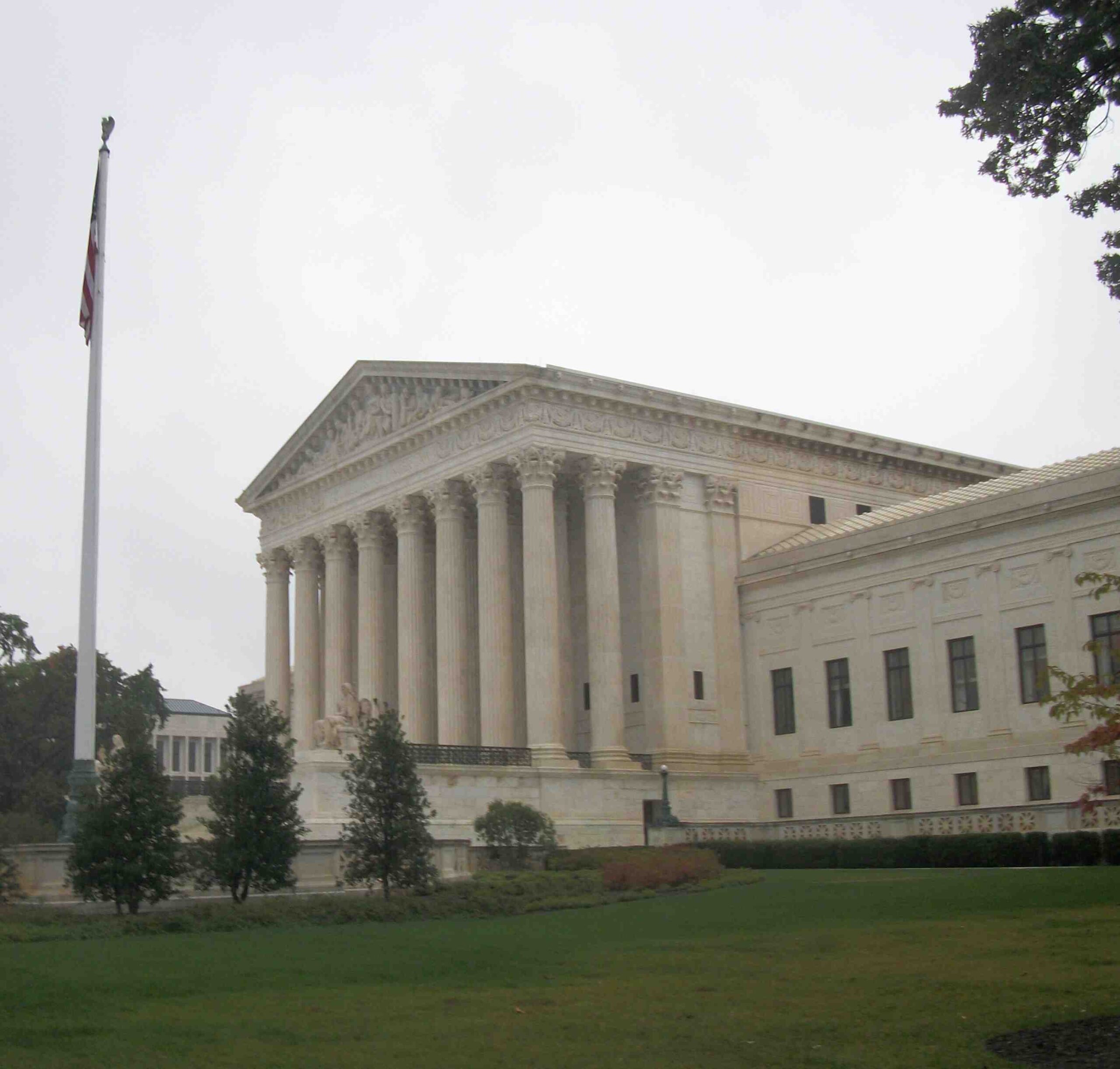
In the dynamic world of mediation, the term “neutral” has long been a cornerstone descriptor, yet its connotations often fall short of capturing the true essence of a mediator’s role. As a pivotal figure in resolving conflicts, mediators grapple with the expectations of neutrality imposed by courts and clients alike. However, a closer examination reveals that the notion of being “neutral” can inadvertently undermine the proactive engagement and advocacy integral to effective mediation. Join me on a journey to unpack this paradigm, as we delve into the nuances of active advocacy within the realm of dispute resolution.
“I’m tired of being called a Mediation Neutral.” In the realm of mediation, the label of being a “neutral” has become commonplace. Yet, this term fails to encapsulate the dynamic and proactive nature of a mediator’s role. While courts and clients may expect neutrality, the concept poses challenges, particularly in European contexts where linguistic nuances shed light on its limitations. For instance, in German, “neutral” translates to “null,” implying a lack of value or significance. This linguistic discrepancy underscores the need for a more robust descriptor that embodies the multifaceted responsibilities of a mediator.
Enter the concept of being “parcel to everyone equally.” This phrase encapsulates a fundamental shift in perspective, emphasizing active advocacy and impartiality in equal measure. Rather than passively occupying a neutral stance, mediators actively advocate for fairness, equity, and just solutions. By acting in the best interests of all parties involved, mediators transcend the limitations of neutrality, striving to foster an environment conducive to constructive dialogue and resolution.
Embracing this proactive approach entails advocating for a just solution to the dispute while remaining attentive to the interests of all parties. Far from being passive observers, mediators serve as catalysts for positive change, guiding parties towards mutually beneficial outcomes. This shift in mindset reframes the role of the mediator from a mere “null” to a dynamic force for equity and resolution.
In essence, mediators are not mere bystanders but active participants in the quest for justice and reconciliation. By embodying the principles of active advocacy, mediators empower parties to navigate conflicts with integrity and empathy. Rather than relegating mediation to a passive exercise, embracing active advocacy imbues the process with purpose and efficacy.
In conclusion, the evolution of mediation demands a paradigm shift towards active advocacy and engagement. As we navigate the complexities of conflict resolution, let us challenge the notion of neutrality and embrace a more proactive approach. I invite you to join me in this journey towards empowered mediation, where every voice is heard and every solution is just. For transformative mediation services that prioritize active advocacy and equitable outcomes, reach out to Ken Strongman today. Together, let us pave the way for a future of empowered resolution and lasting peace.
About the Author: Ken Strongman (www.kpstrongman.com) is a private commercial mediator/arbitrator of complex, high risk litigated cases since 2004. Disputes addressed include business, securities, construction defects, real estate, intellectual property, employment, environment, energy, and trusts & estates. He is also a Mediator and Arbitrator for FINRA and president of The Mediation Society. https://www.themediationsociety.org/
#ADR #mediators #mediation #conflict #lawsuit #construction #legal #litagation #alternativedisputeresolution #negociation #dispute #finra #themediationsociety
© 2024 Ken Strongman. All Rights Reserved. Please do not copy or repost without permission.
